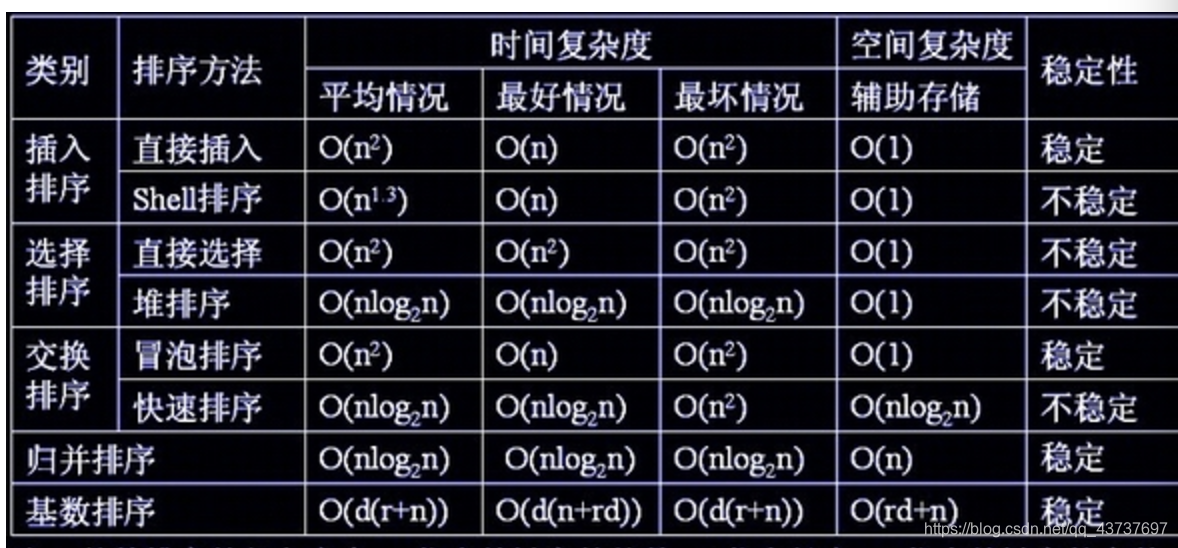Graph Theory
图的存储:邻接表、邻接矩阵、前向星、链式前向星等
链式前向星存图
|
|
二分图判定
通过着色来判定,整个图只染两种颜色,如果相邻点颜色不同就是二分图
图的存储:邻接表、邻接矩阵、前向星、链式前向星等
|
|
通过着色来判定,整个图只染两种颜色,如果相邻点颜色不同就是二分图
判断两条线段是否相交,对于N条线段,间接相交也算相交。对于每次询问,判 断给定的两条线段是否相交
这个题目分成两部分,一部分是基础的判断两条线段是否相交,用一个bool数组来存储信息。另一部分是判断间接相交,可以用floyd-warshall(比较巧妙)或者并查集.第一部分就是套模板。
题目链接 题意:找正整数对(A,B),A、B都不大于N,满足A的第一个数字是B的最后一个数
字,B的第一个数字是A的最后一个数字,个位数也算,输出满足条件的正整数对的个数


记录的东西十分零散,适用于速查,不适合系统学习
由于记录的时候所掌握的知识很浅,所以可能存在错误
|
|
古老的生成随机数的方法
|
|
|
|
|
|
|
|
很早以前写的懒得去审查。。。
不知道对不对。。。
Eprime
|
|
